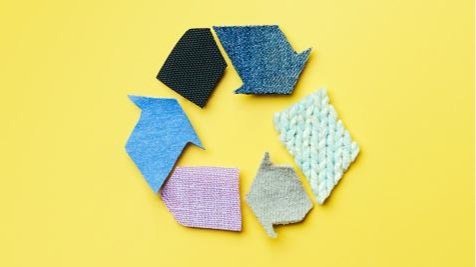New Extended Producer Responsibility Schemes - STC Upcoming Initiatives
As we embark on this exciting journey to transform the textile industry through sustainable practices, we're pleased to share the latest developments and insights from our collaborative effort. This newsletter marks the beginning of our journey to revolutionize textile education and promote circular economy practices across Europe.
Relevant news, research, and resources
Only 0.3% of materials used in the global textile industry come from recycled sources.
The industry currently consumes 3.25 billion tonnes of resources annually.
Embracing circular economy principles could reduce the environmental footprint of the textile industry by up to 50%
3.5% contribution to global carbon emissions and water scarcity
Synthetic fabrics account for 63% of the materials used in clothing production, with 30% of all clothing produced discarded before ever being worn.
New Extended Producer Responsibility schemes proposed for all EU Member States
Key targets include:
Making all textile products durable, repairable, and recyclable
Significantly increasing recycled fiber usage
Eliminating hazardous substances
Ensuring social rights and environmental protection
The EU Strategy for Sustainable and Circular Textiles addresses the production and consumption of textiles, whilst recognising the importance of the textiles sector.
Upcoming Initiatives
Over the next 24 months, we aim to:
Develop educational and training materials for vocational education.
Promote circular and sustainable textile practices.
Connect educators, industry leaders, and policymakers.
Ensure long-term impact through a strategic deployment plan.
Why Your Participation Matters
The fashion and textile industry stands at a critical juncture. As one of the most resource-intensive sectors globally, our collective action can significantly impact:
Reduction of textile waste through circular economy solutions
Professional development in sustainable practices
Social and economic inclusion through green entrepreneurship
Funded by the European Union. Views and opinions expressed are however those of the author(s) only and do not necessarily reflect those of the European Union or OeAD-GmbH. Neither the European Union nor the granting authority can be held responsible for them. 2024-1-AT01-KA220-VET-000247059


